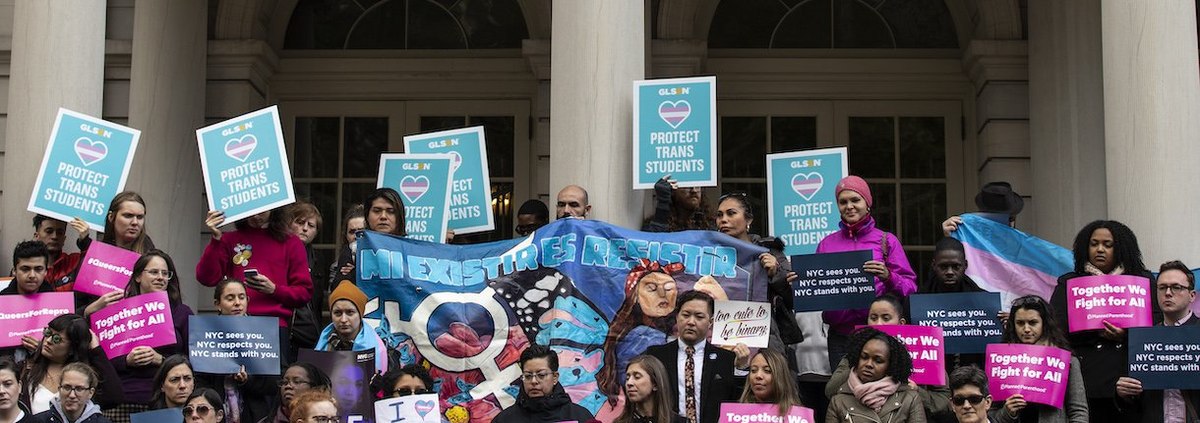Polling by organizations like Yougov, Gallup and Pew show that only a small minority of Americans support allowing males who identify as transgender, or claim they do, to participate in female sports. Polls in in the UK show this is true of Britons as well.
Large majorities of adults in the USA and UK support existing rules and laws that give people with transgender identities and unconventional “gender expression” the same rights as the rest of the population and which protect everyone from bullying, harassment, hate crimes and unfair discrimination in areas like education and employment based on our perceived, claimed, presumed or actual sex, sexual orientation, gender expression and gender identity (or lack thereof for the many millions who don't have a gender identity and/or don't ascribe to gender identity ideology).
But on most other issues pertaining to “trans inclusion” Americans and Britons today are sharply divided.
As for sports: virtually no one is "against trans athletes competing." Most people think that everyone who wants to participate and compete in sports should be allowed to do so.
However, only a small minority of Americans and Britons believe that males who identify as transgender, or claim they do, should be able to compete in female sports.
In other words, the main controversy is not over "trans athletes competing" in sports. It's about male trans athletes competing in the female category.
A Yougov report published just four weeks ago (February 16, 2024) says that according to the most recent polling results, only 19% of Americans today support “allowing transgender athletes to play on sports teams that match their gender identity.” 59% oppose. 22% are unsure.
31% support “allowing transgender people to use bathrooms that match their gender identity.” 50% oppose. 19% are not sure.
34% support ”allowing transgender women to use women's refuges for sexual assault and domestic violence." 35% oppose. 30% are not sure.
30% support “requiring prisons to house transgender prisoners according to their gender identity.” 40% oppose. 31% are not sure.
